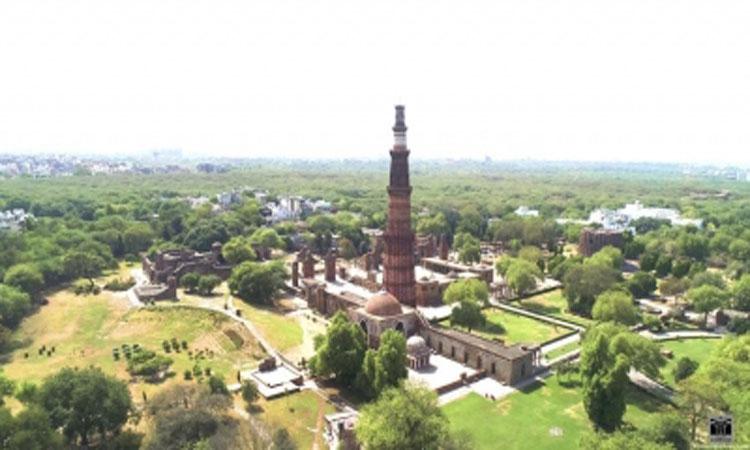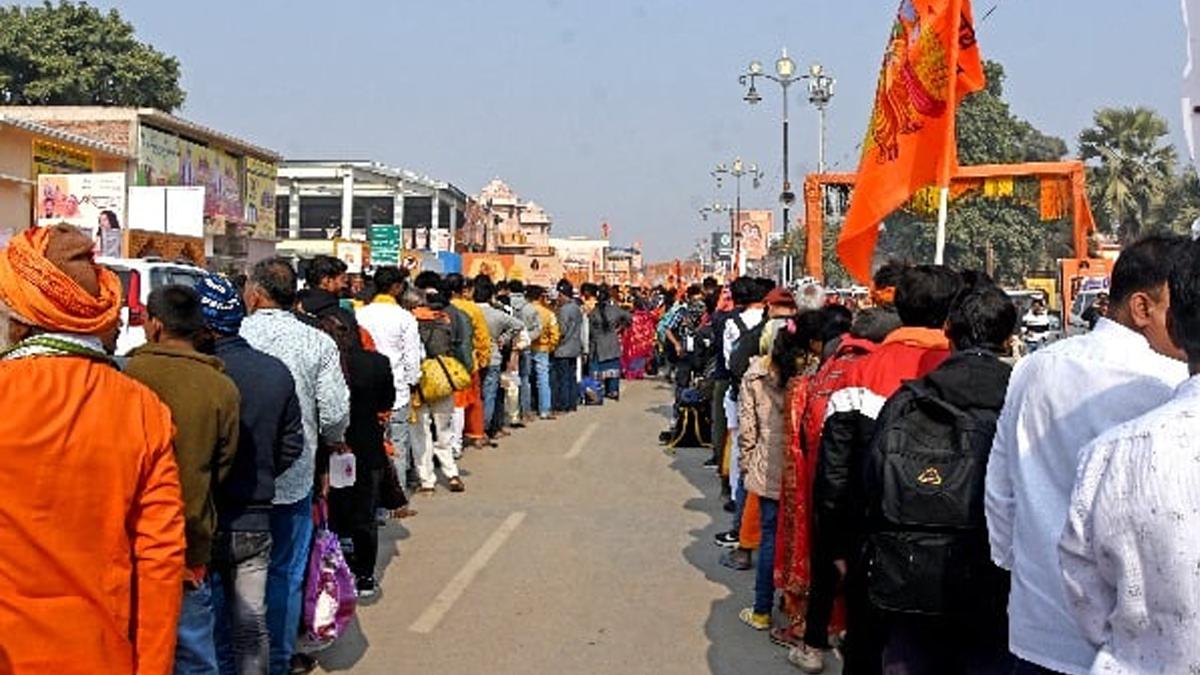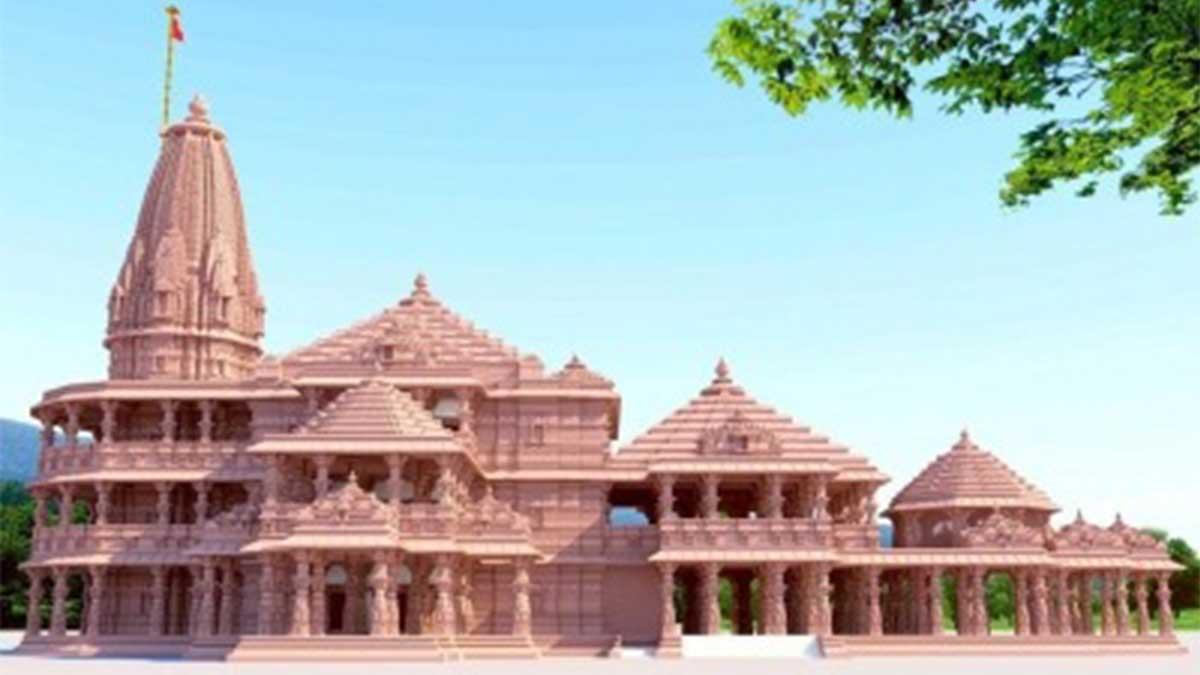Opposing a plea seeking restoration of Hindu and Jain temples and deities at the Qutub Minar complex, the Archaeological Survey of India (ASI) on Tuesday stated that though there was existence of Hindu sculptures inside the premises, worshipping inside the centrally-protected monument would be contrary to existing laws.
Fundamental rights cannot be availed in violation of any status of the land, the archaeological body clarified in an affidavit.
"The basic principle of protection/conservation is not to allow starting of any new practice in a monument declared and notified as a protected one under the Act. Revival of worship is not allowed wherever it is not practiced at the time of protection of a monument," it said.
"It will be contrary to the provisions of the AMASR Act, 1958 (Ancient Monuments and Archaeological Sites and Remains Act) to agree to the contention of the respondents or any other person claiming a fundamental right to worship in this centrally protected monument," it said in the affidavit.
The submissions of the ASI came during the hearing the appeal challenging the rejection of a suit alleging that the Quwwat-Ul-Islam Masjid situated within the Qutub Minar complex in Mehrauli was built in place of a temple complex.
Also Read | Remove harmonium from Golden Temple, says Akal Takht
Earlier on February 22, allowing the appeal, Additional District Judge Pooja Talwar had sought the response of the Union of India through the Ministry of Culture, Director General of the Archaeological Survey of India, and Superintending Archaeologist, Delhi Circle, ASI in the matter.
"The Qutub Minar is not a place of worship and since the time of its protection from the Central government, the Qutub Minar or any part of the Qutub Minar was under worship by any community," the ASI said in its affidavit.
During the course of the hearing, ASI's counsel submitted that the apprehensions of the appellant were misplaced as the agency was not contemplating any removal or shifting of the idols as of now. Shifting of the idols would involve various permissions from different agencies, and have national implications as it would amount to a policy decision, counsel clarified.
The appellant alleged that around 27 Hindu and Jain temples were desecrated and damaged in 1198 under the rule of Slave Dynasty ruler Qutub-Din-Aibak raising the construction of the said mosque in place of those temples.
Also Read | Modi meets chairperson of Japan-India Association in Tokyo
The ASI, in the submission said that there is no denial of the fact about the deities presence. It stated that the architectural materials and images of Hindu and Jain deities were reused in the construction of the Qutub Minar Complex.
"This is very clear from the inscription in the complex which is open for public viewing," it said.


















